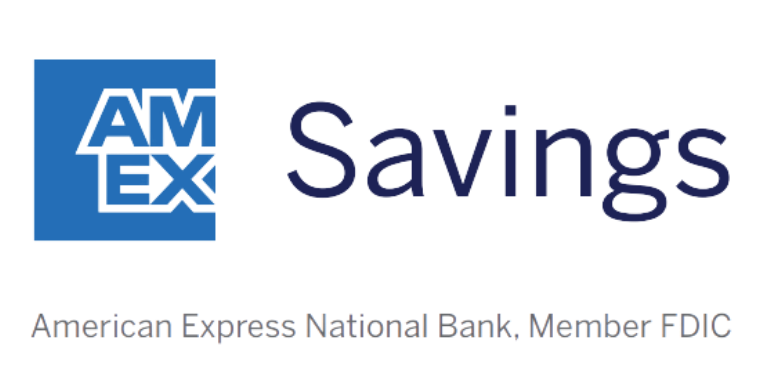High-yield savings accounts (HYSAs) are still a great place to park money you’re likely to need in the near future — even with the recent rate cuts. Unlike stocks, which are at the mercy of market fluctuations, and certificates of deposit (CDs), which penalize you if you pull out your money before the term is up, high-yield savings accounts have virtually no risk and deliver a higher rate of return than traditional savings accounts from brick-and-mortar banks.
So, how much can you earn if you drop a $20,000 nest egg into your HYSA? Let’s look at the numbers.
You can earn around $800 in 12 months if you put $20,000 in an HYSA
Interest rates have fallen recently, but HYSAs are still offering solid annual percentage yields (APYs) between 4.00% and 5.00%, depending on which bank you choose. This means for every $10,000 you put in, you can earn around $400 per year; so $20,000 will earn you around $800 in 12 months.
The average rate of return for the S&P 500 over the last 10 years is 10%, so you could earn a higher rate of return by investing. But those pesky market fluctuations mean you could also lose money over the short term. With an HYSA, your money is FDIC insured, which means it’s backed up by the government for up to $250,000, per depositor, per ownership category, and per institution.
Our Picks for the Best High-Yield Savings Accounts of 2024
|
American Express® High Yield Savings 
APY 4.00%
Rate info
Member FDIC.
|
APY 4.00%
Rate info |
Min. to earn $0 |
|
Capital One 360 Performance Savings 
APY 4.00%
Rate info
Member FDIC.
|
APY 4.00%
Rate info |
Min. to earn $0 |
|
CIT Platinum Savings 
APY 4.55% APY for balances of $5,000 or more
Rate info Min. to earn $100 to open account, $5,000 for max APY
Member FDIC.
|
APY 4.55% APY for balances of $5,000 or more
Rate info |
Min. to earn $100 to open account, $5,000 for max APY |
The best place to put money you’re likely to need soon is in an HYSA in most cases. (This means your emergency fund, a house down payment if you’re planning to buy a home soon, or savings for a potential car repair.)
Not sure which HYSA account is right for you? Click here to learn more about our best high-yield savings accounts — and what APY you can expect.
What about the federal funds rate cut?
If you’ve been following financial news, you’ve probably heard that the Federal Reserve has cut its benchmark interest rate. That sounds like a big deal, and it is — but the actual percentage was pretty small. The second cut reduced the federal funds rate by a quarter of a percentage (0.25%) from a range of 4.75% to 5.00% to a range of 4.50% to 4.75%.
Let’s look at what that looks like for $20,000 in a savings account using the prior effective federal funds rate of 4.83% and the current effective rate of 4.58%:
|
APY (Based on Effective Fed Funds Rate) |
Interest Earned in 1 Year on $20K |
|---|---|
|
4.83% |
$966 |
|
4.58% |
$916 |
Data source: Author’s calculations.
The difference in interest earned between the new and old APYs is $50. The Fed interest rate cuts won’t take much out of your pocket.
It’s also worth noting that some HYSAs offer bonuses if you set up direct deposit or deposit a specific amount of cash, so your earnings for the first year could be a bit higher.
Keep in mind that the interest rate set by the Fed is higher than what most HYSAs offer — they tend to offer a bit less in interest. But, it does appear the Fed plans to continue cutting the interest rate in the coming months — at least for right now.
Other investment options to grow your savings faster
A high-yield savings account is the best place for your emergency fund and cash you’ll need in the next two to three years. The interest rate is a nice bonus, but it’s not always the best way to make the most of your savings.
For long-term savings, like retirement or college savings, you’re better off opening a brokerage account and creating a diversified investment portfolio.
Diversification reduces your risk by spreading it out over multiple types of investments, which might include stocks, bonds, and mutual funds. If you don’t plan to need the money soon, consider moving some of your savings from an HYSA to an investment account for higher long-term returns.
